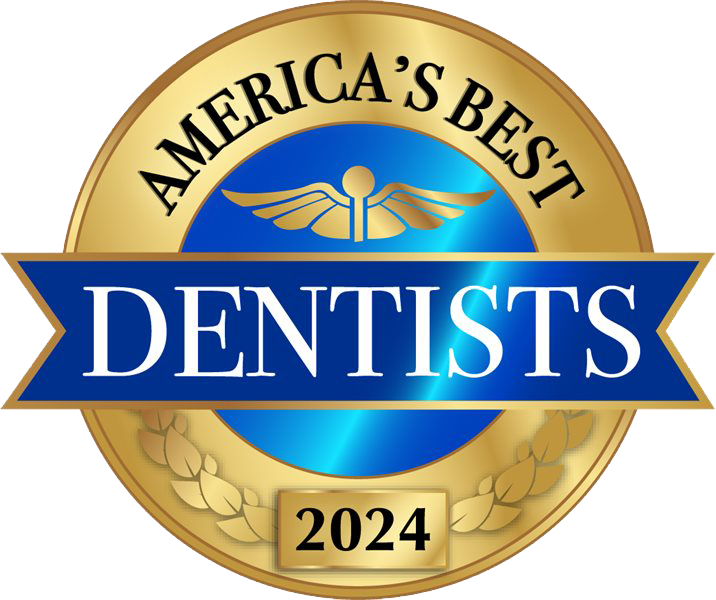Can You Spot the Difference Between a Cold and a Cavity?
Cherrywood Dental • January 17, 2020
When you come down with a common cold, head congestion, inflammation, or a sinus infection, your upper teeth can be put under pressure, which often translates to tooth pain. Your maxillary sinuses are very close neighbors to your top teeth. In certain areas, only a sliver of tissue separates the upper tooth roots from the bottom of the sinus cavity. Allergies, colds, congestion, and infections can all cause irritation to your sinus tissues, which can have a direct impact on your teeth.
Can you spot the difference between a common cold and a cavity?
How Colds Can Cause Tooth Pain
After contracting an illness, congestion can put pressure on your upper teeth, which can sometimes translate to tooth pain. Your sinuses can also cause your lower teeth to ache as a result of your teeth being forced into a slightly “off” position from clenching or grinding.
Sinus Infections
Sinus pain typically manifests itself as a dull, continuous pain while the discomfort from an abscessed tooth increases in intensity. If you touch an abscessed tooth, you will likely feel a sharp jolt of pain. In acute cases, swollen sinus tissue can physically move the teeth slightly, changing your bite. The reverse scenario can also transpire if an infection surrounding an abscessed tooth travels to the sinus cavity.
Your body has several sinus cavities, and pain can emanate from any or all of them at once. If you have an infection in more than one sinus cavity, you may have additional pain behind the nose and eyes. As previously mentioned, it is possible to suffer simultaneously from an abscessed tooth and a sinus infection, so always listen to what your body is telling you.
Other Illness That Cause Tooth pain
There are a few oral conditions that can cause what feels like a toothache but can be something a bit more complicated. If you experience any of these symptoms, it is best to contact your dentist for a consultation.
- Angina. A form of chest pain that occurs when not enough blood can reach the heart. Angina is not an actual condition, but rather a symptom of coronary artery disease and can irritate the teeth and jaw.
- Ear Infections. Pain in the chest or ears can be a sign of an ear infection. The closeness of the ear to the jaw can cause you to feel pain in your teeth if you do have an ear infection and can be treated by a doctor.
Finding Relief (And When To See a Doctor)
If you’re experiencing tooth pain and discomfort, these tips may help you to find temporary relief of your symptoms if they are due to the common cold or a sinus infection:
- Take a mild decongestant
- Drink plenty of fluids
- Rinse your sinuses with a saline nasal spray or neti pot
- Rinse your mouth with warm saltwater or gargle saltwater for throat pain
If Your Cold Goes Away But Your Tooth Pain Does Not…
If your sinus or tooth pain does not subside and is lasting longer than a week, you should schedule an appointment with your doctor right away for an examination. Your doctor will be able to prescribe you an antibiotic to help combat any lingering infections.
If your congestion subsides, but your tooth pain is still present, schedule an appointment with your dentist. A tooth abscess may be the cause of your discomfort, and tooth decay should be treated as soon as possible to save the tooth. Cherrywood Dental Associates is here to help you feel your best by keeping your smile as healthy as possible, so call us today with any questions regarding tooth pain and discomfort.



